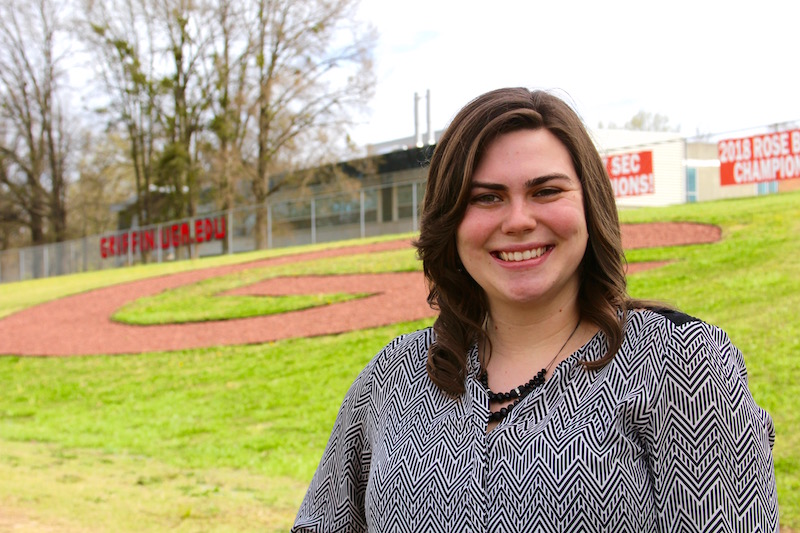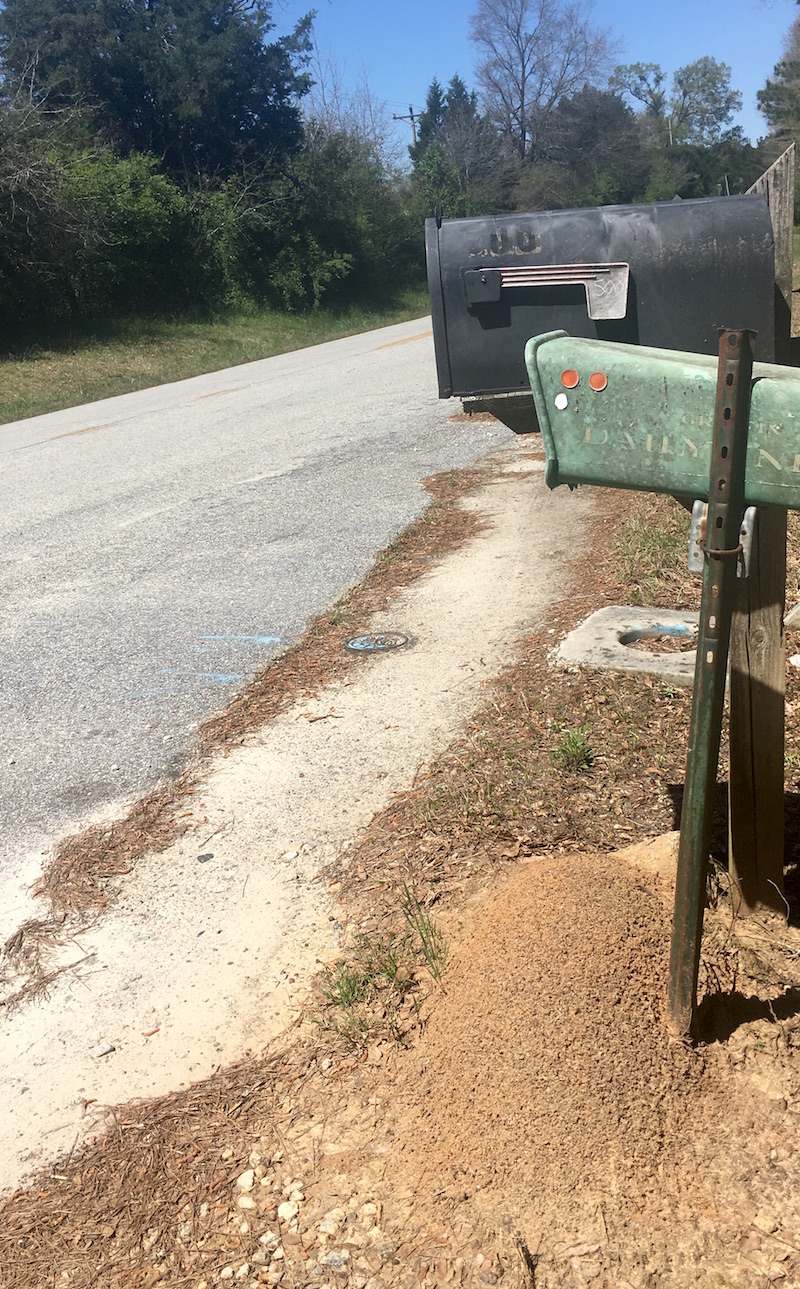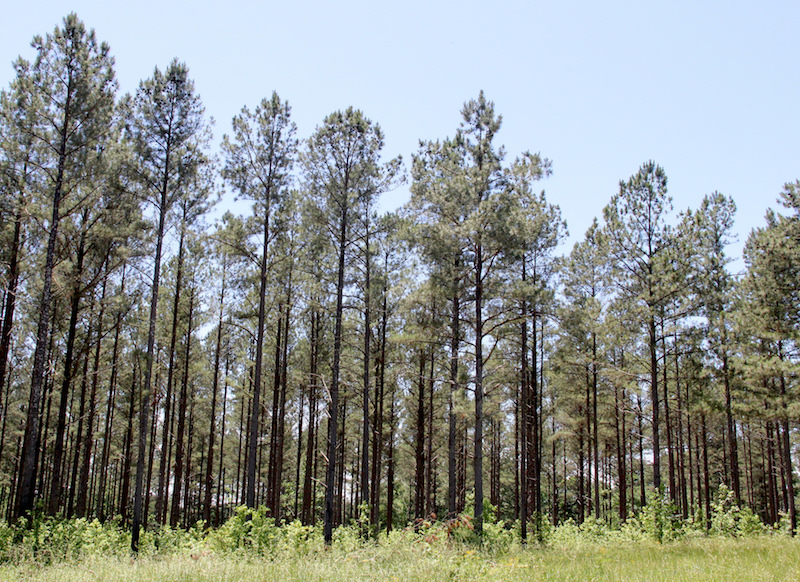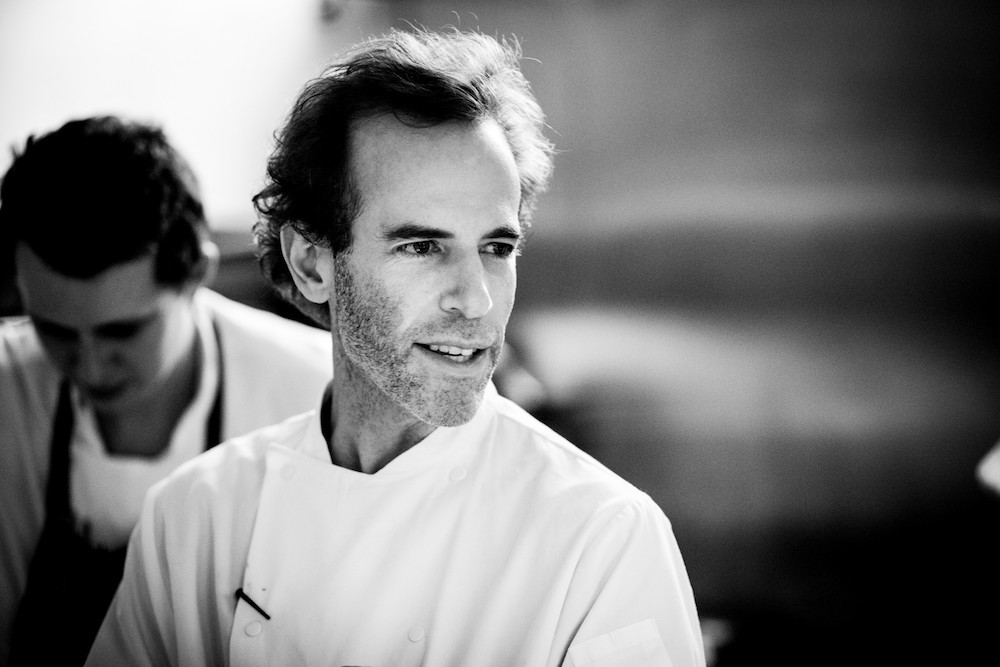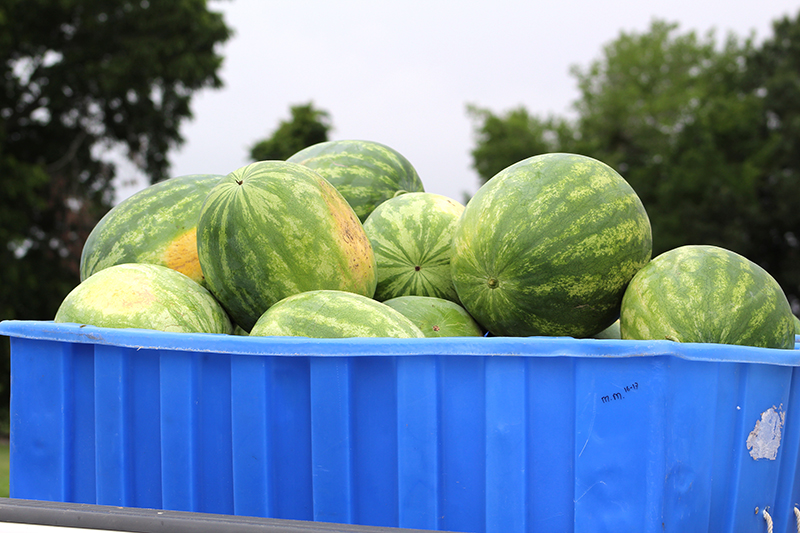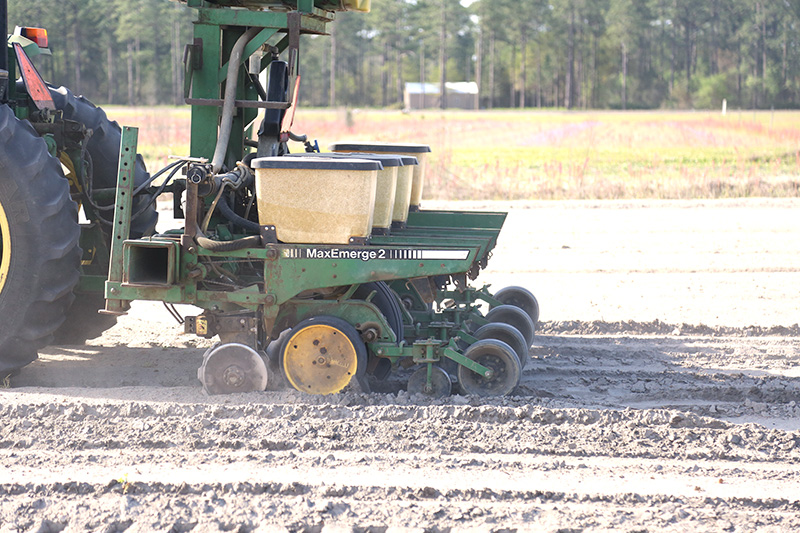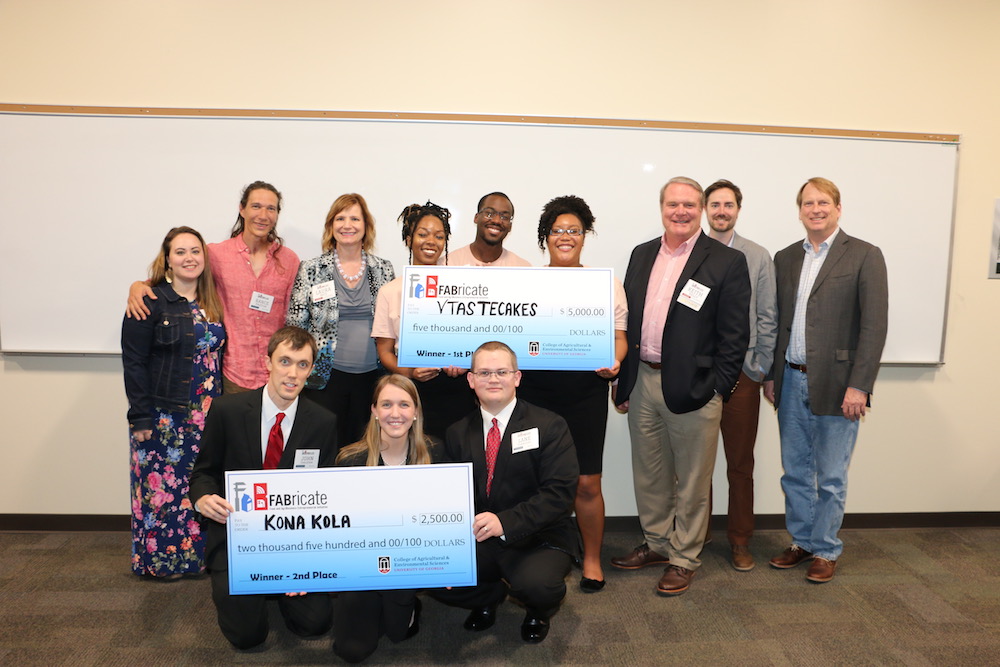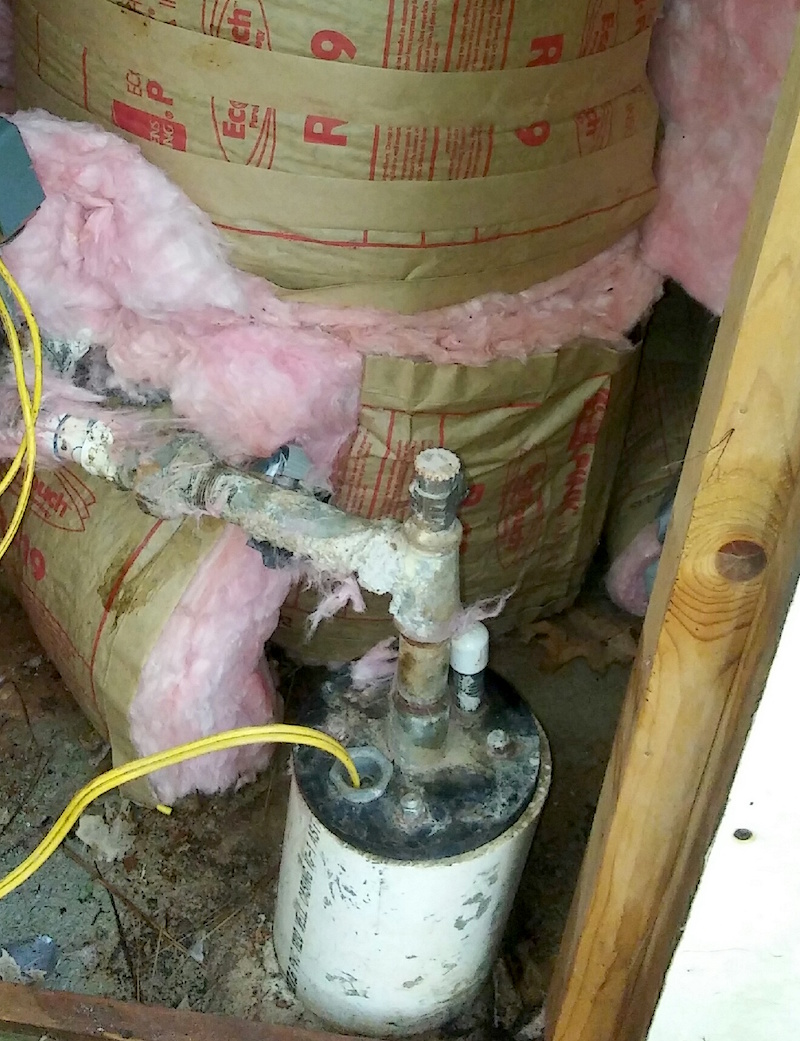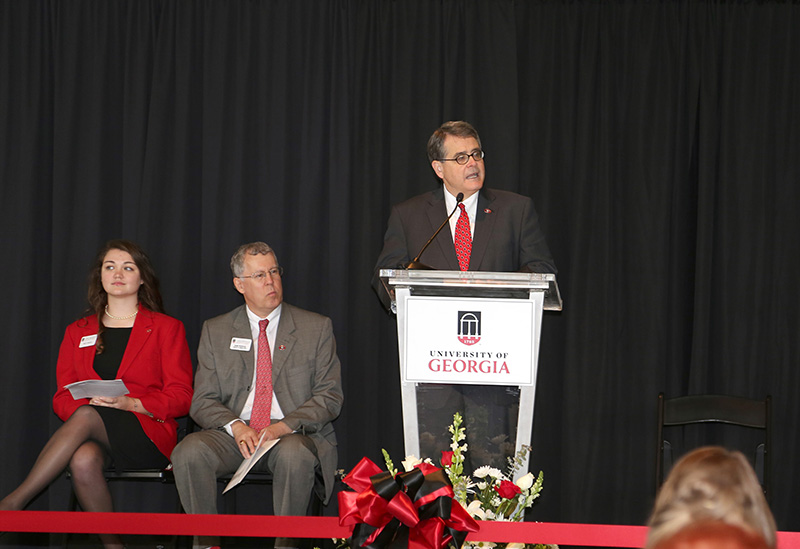 CAES News
CAES News
UGA-Tifton hosts rededication ceremony for newly renovated Agricultural Research Building
Members of the University of Georgia Tifton campus community took part in a rededication of the newly renovated Agricultural Research Building on Wednesday, April 4. The 80-year-old building was the second structure constructed on the UGA Tifton campus.

